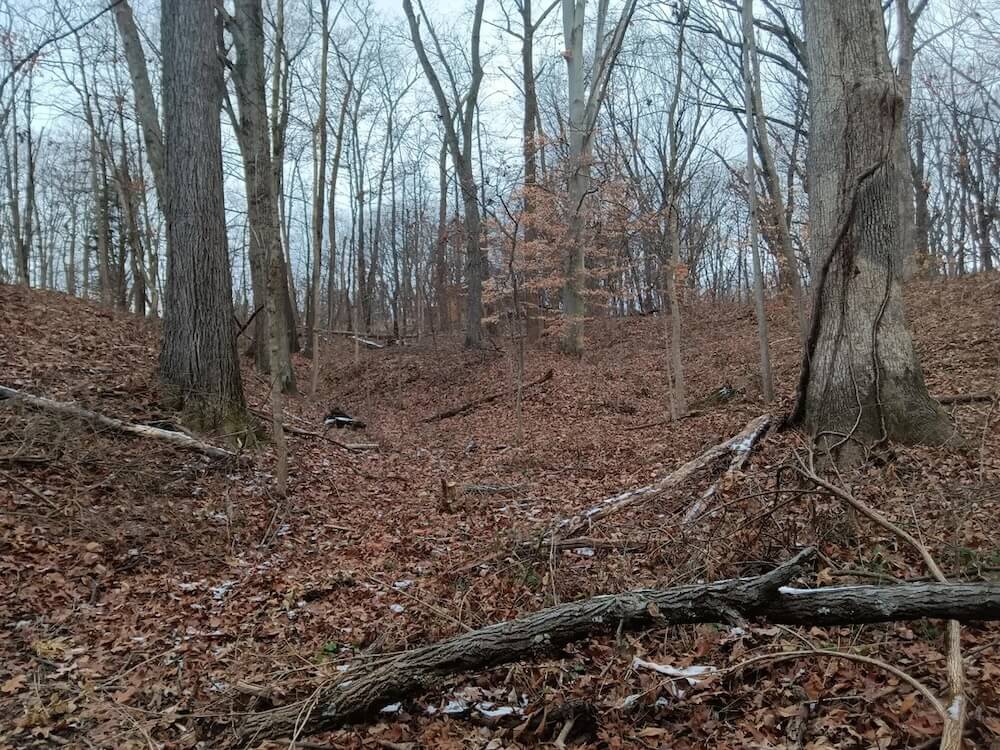Photos of land clearing and fallen trees are not causes for celebration — unless there's a good reason for the removal.
One Reddit user posted progress photos of fallen logs around their property to the r/invasivespecies subreddit.


The original poster wrote: "I've been working on clearing a 6 acre property these past two months. It's been taking me longer than I expected, but I was able to clear out all of the Asian bush honeysuckle and managed to clear out nearly all of the other invasives from 2.5 acres of forest."
Invasive species, including the Asian bush honeysuckle, threaten ecosystems and local wildlife. While removing them may be a headache, it protects the local ecosystems and the important pollinators that protect our food supply, the U.S. Department of Agriculture explains.
According to the Center for Invasive Species and Ecosystem Health, invasive species grow and reproduce quickly because they lack natural predators, parasites, and competitors in their new environments. Their aggressive growth allows them to outcompete local plant species for nutrients and water in the soil, which can displace native species from their habitats. As non-native species, they may also carry diseases that native species are not immune to, leading to biodiversity loss.
The Asian bush honeysuckle, in particular, grows densely in forests, preventing sunlight from penetrating the floor, according to the Invasive Plant Species Assessment Working Group. This drastically affects understory plants' ability to grow, which reduces the amount of food for wildlife, including birds. Some Asian bush honeysuckle species may even release chemicals into the soil that may poison surrounding native species.
Removing invasive species from your property, as the OP did, protects native species by allowing them to thrive without unwanted competition. According to the USDA, pollinators prefer to feed on specific native plant species for nectar or pollen — which non-native species may not have enough of.
You can do more to protect native species and important pollinators by landscaping with native plants or installing a natural lawn, with low-cost options including clover and buffalo grass.
Filling your yard with native species, which are already accustomed to the local weather and climate, can save you time and money on lawn maintenance and water bills, as native species require less water than non-native species.
|
Should the government be able to control how we heat our homes? Click your choice to see results and speak your mind. |
"A fine legacy to be proud of!" one user commented.
"Keep up the great work!" another cheered on.
Join our free newsletter for easy tips to save more and waste less, and don't miss this cool list of easy ways to help yourself while helping the planet.









